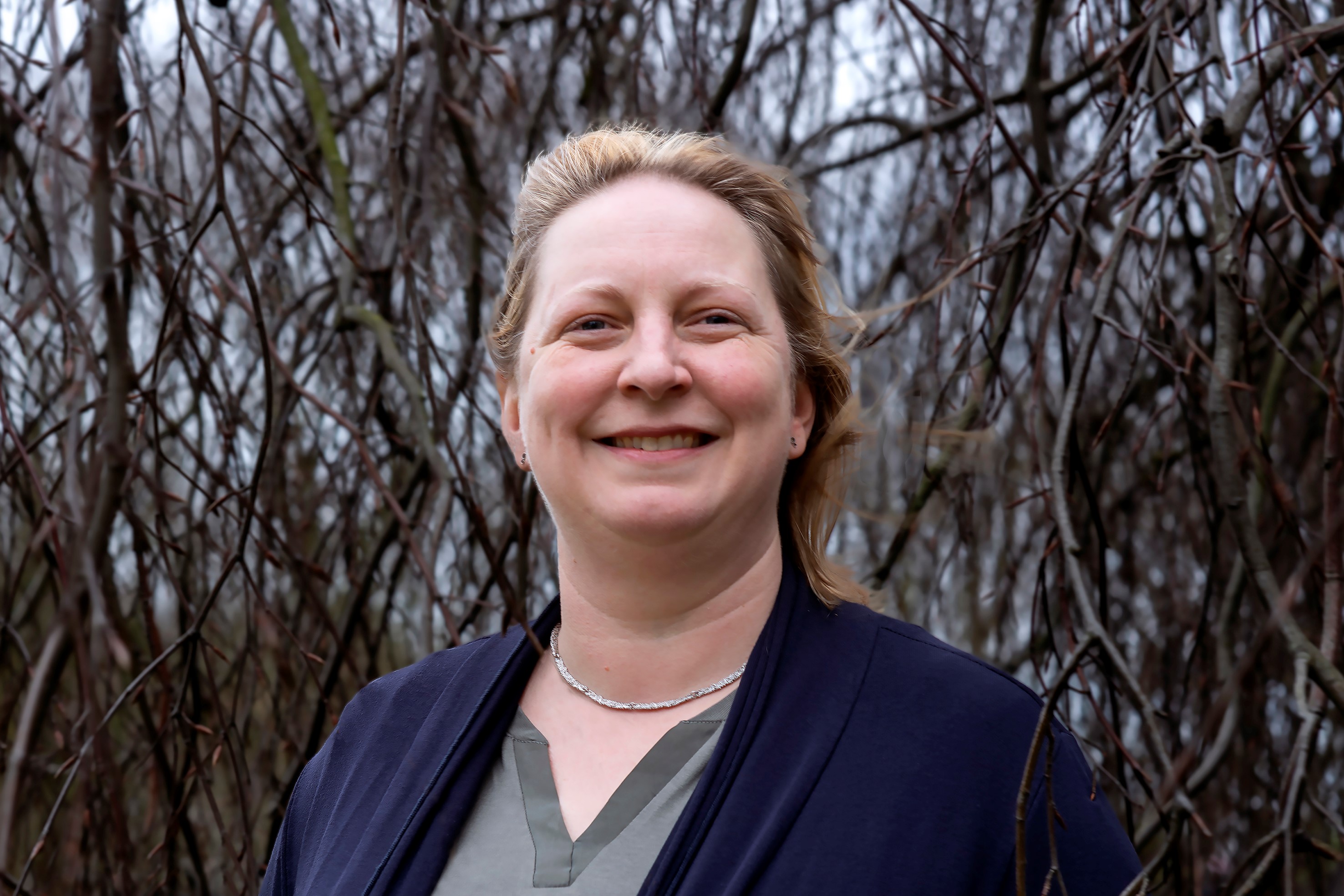MEBIT alumna, Rodica Ernst, wins NRO education prize 2016
Rodica Ernst (Udens College) and the META team, consisting of Plonie Nijhof (Hermann Wesselink College) and Joris Ghysels (Maastricht University) won the NRO education prize for their research on the META method they have developed.
After two years of research at their private schools, they have tested the effectiveness and transferability of the META method among 17 teachers and 653 HAVO/VWO students, the two highest levels of Dutch primary school. The NRO jury praised the approach and the solid foundation of research in particular and called the method inspiring and valuable.
The award ceremony took place on November 2 during the NRO conference. They jury picked two winners among six nominees. Each winner will receive an amount of 2000 Euro. The prize is awarded to researchers who have translated their research to a practical product or activity in the field of education.

Top Institute for Evidence Based Education Research
META method
The META method is developed to teach students to think in steps. The method exists of three elements: A META map, mind mapping and discussing meta-cognitive theorems. The META map is the most important element and was first developed for mathematics.
The map exists of three triangles, one step for every step in the thinking process. The first step is ‘understanding’, with meta-cognitive questions about the text. The second step is ‘connecting’. The data, the question and prior knowledge are being connected to each other. In the third step a strategy is chosen that will fit best with the data and the question. The final step is to ‘check’ the solution and outcome. The goal of mind mapping is to reproduce prior knowledge and to structure/organise information. Talking about meta-cognitive theorems is important for the awareness of the learning process.

"With the META method they have created a powerful tool to improve learning achievements, self-regulation, learning strategies and motivation of students. The jury thinks the META method is inspiring and extremely valuable."
NRO Jury 2016
Also read
-
Maastricht University received grants for three of the ten research projects starting in the National Growth Fund program Circular Plastics NL.
-
"I am proud that our new Circular Plastics group published its first completely in-house research," Kim Ragaert says. She founded the research group three years ago, when she moved to Maastricht. Her work has laid the foundations for many innovations in the field of plastic recycling, and she is...
-
Programming quantum computers, like the quantum computer itself, is still in its early stages. Quantum computing researchers tend to be physicists, mathematicians, or computer scientists who have a special interest in the mathematical framework of quantum mechanics.


